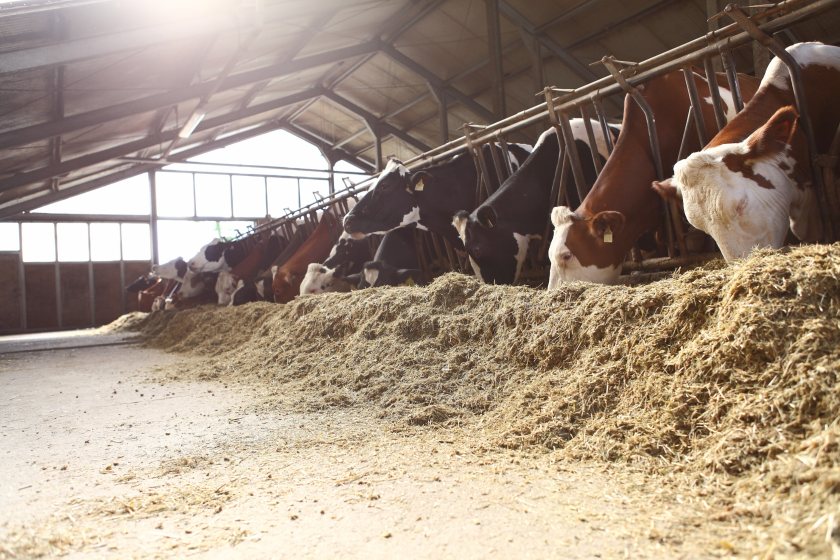Emergency authorisation granted for cobalt in livestock feeds

An emergency authorisation for the inclusion of four cobalt salts in livestock feed has been granted in Scotland.
The Scottish government has granted the authorisation, which comes into force from 30 June, due to the risk of cobalt deficiency faced by cattle and sheep.
The emergency authorisation period commences on 15 July and expires in July 2026.
Cobalt supplementation is essential to the livestock industry, in particular for the sheep sector, as deficiency can result in debilitation, anaemia, emaciation and stunted growth.
Last month, NFU Scotland wrote to the government to underline the importance of cobalt, particularly highlighting the animal health and welfare implications if cobalt was not authorised for use.
It is estimated that almost two-thirds of Scotland’s land is at high risk of cobalt deficiency, making cobalt supplementation particularly significant for the health of Scotland’s sheep flock.
NFU Scotland’s livestock policy manager Lisa Hislop said: “With 63% of Scotland’s land at high risk of cobalt deficiency, it is estimated that 75% of Scottish lambs and 40% of breeding ewes are regularly given cobalt.
“The potential loss of the use of cobalt in July this year would have coincided with the peak demand for cobalt supplementation in spring born lambs grazing hill pasture.
"We welcome the prompt decision from Scottish Government to allow emergency reauthorisation of cobalt to maintain good animal health in Scotland.”
James McCulloch, the Agricultural Industries Confederation's (AIC) head of feed, said this decision would be especially welcome news for sheep farmers in Scotland wanting to supplement spring born lambs with cobalt.
He said: "We hope that a similar decision will soon be taken by the FSA so that these important feed additives remain available to livestock farmers in England and Wales too."








